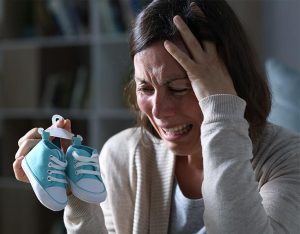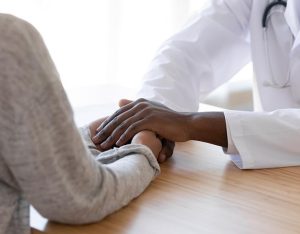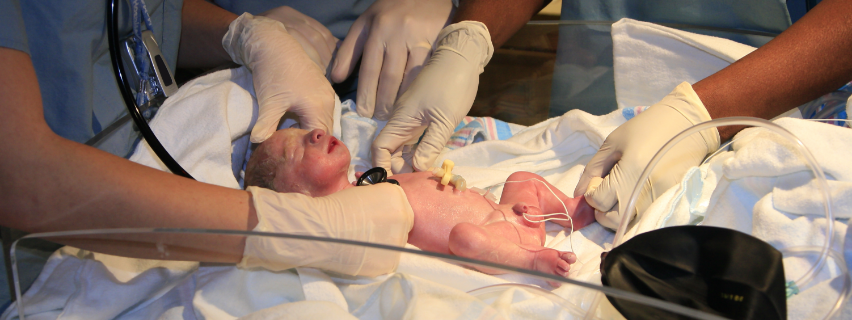Self-Care Ideas After Miscarriage
A miscarriage can affect you in profound and lasting ways. It can affect your relationship with your partner, family, close friends and even yourself. During this period, you need a lot of support to move on with your life and begin the physical and emotional healing process. The most important thing that can ease your pain after an early miscarriage is the affection and understanding of those around you.
When you and your loved ones are prepared for the possible emotional and relational complexities that may follow a miscarriage, then you are better prepared to handle the pain and move closer to holistic recovery in all aspects.
Sleep.
Sleep is a powerful curative force, so make sure you get plenty of it. Sleep as much as possible in the first week, especially in the first 24 hours. Drinking warm milk or doing some light stretching before bed may help you fall asleep.

Communicate.
When you’re ready, talk to someone you trust about how you’re feeling and what you need. This might be your partner, friend, family member or a professional.
Medication.
Abdominal cramping and pain are frequent – especially in the first several days. Before using any pain medication, it’s best to talk to your doctor. Seek medical assistance if the pain worsens over time.
Hygiene.
Practice good hygiene by showering regularly throughout the first week to keep infections at bay. It will help if you use pads instead of tampons because your period won’t end for another week. The second week of possible spotting is possible after the first
Be Kind to Yourself.
Whatever the time frame, a loss is a loss. Be patient, and understand that this is a method. It’s not easy to bring up, and you may feel like you have no idea what to do. Treat yourself gently and think about what you need right now. Feel good by indulging in activities you enjoy, such as cooking your favorite meals or getting a massage.
Drop the Shame.
Most women who have a miscarriage also feel guilty and blame themselves for the tragedy. Feeling guilty is detrimental to one’s sense of self-worth. Guilt is a common emotion, but you should try to put it behind you.

Seek Professional Help.
Consulting a therapist or a grief counselor can assist you in developing strategies for dealing with the triggers and the emotions brought on by your loss.
Those who have experienced a miscarriage should know their emotions will change over time. Nobody can predict how long it will take to process their feelings, so it’s best not to set a target date for when you should “feel better.” Don’t rush things, and don’t be hard on yourself.
Prepare for the Future.
After experiencing a miscarriage, many women are eager to get pregnant again as soon as possible. If that is what you want, have a strategy in place. Discuss your options with your doctor, including when you can start trying again and how you will proceed. This may give you renewed faith in the future and a feeling of closure.
Keep Your Partner Close.
It’s normal to isolate yourself during times of sadness, even from your partner. However, experts warn that this can make it more difficult to heal from a miscarriage. Instead, open up to your partner and share what’s on your mind. Plans for the future should be discussed, and it should be recognized that the mother is not the only one affected by the loss. Fathers grieve too but in a different way and may not express it openly. It is best to share grief and use the opportunity to connect better with one another.
FAQs:
Why do some pregnancies end in miscarriage?
Half of all miscarriages in the first trimester (up to 13 weeks) are due to chromosomal abnormalities. Chromosomes are tiny structures inside the cells of your body that carry your genes. All a person’s physical characteristics are predetermined at birth by their genes. This includes sex, eye, hair colour, and even blood type.
After a miscarriage, what should one do and not do?
● Many women experience severe headaches following a miscarriage; trying a hot or cold compress may help alleviate these symptoms. A hot or cold compress applied to the head can help relieve pain. You’ll feel better immediately after using a hot or cold compress.
● Check your temperature daily for the first five days following a miscarriage. Having a temperature above 99.7 degrees indicates an infection. Therefore, it’s essential to see a doctor if it persists.
● Wait until you have had at least one menstrual cycle before trying to conceive.
A miscarriage can be traumatic for parents to be and time can be the only healing factor to overcome the grief and move on with life.








































Leave a comment